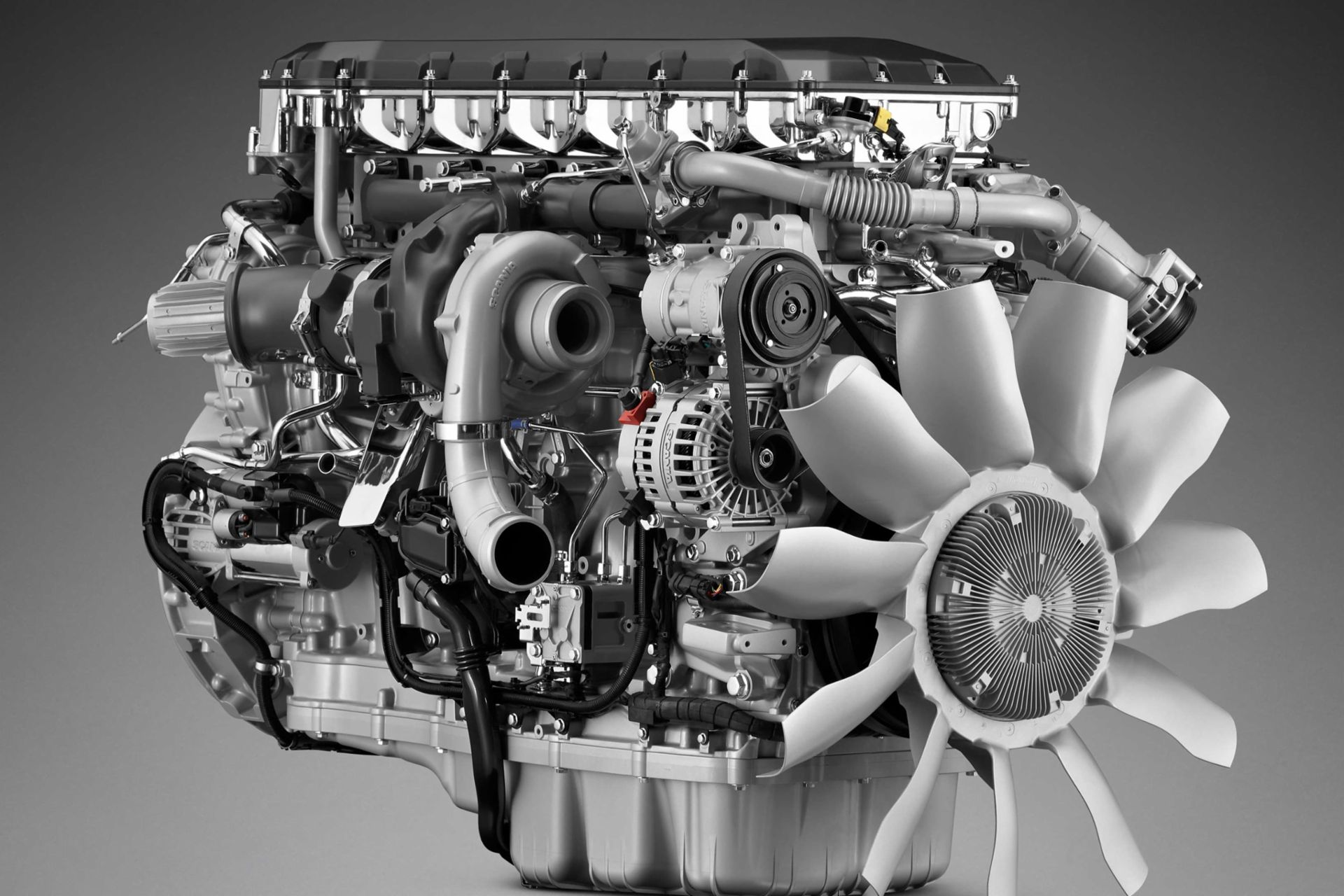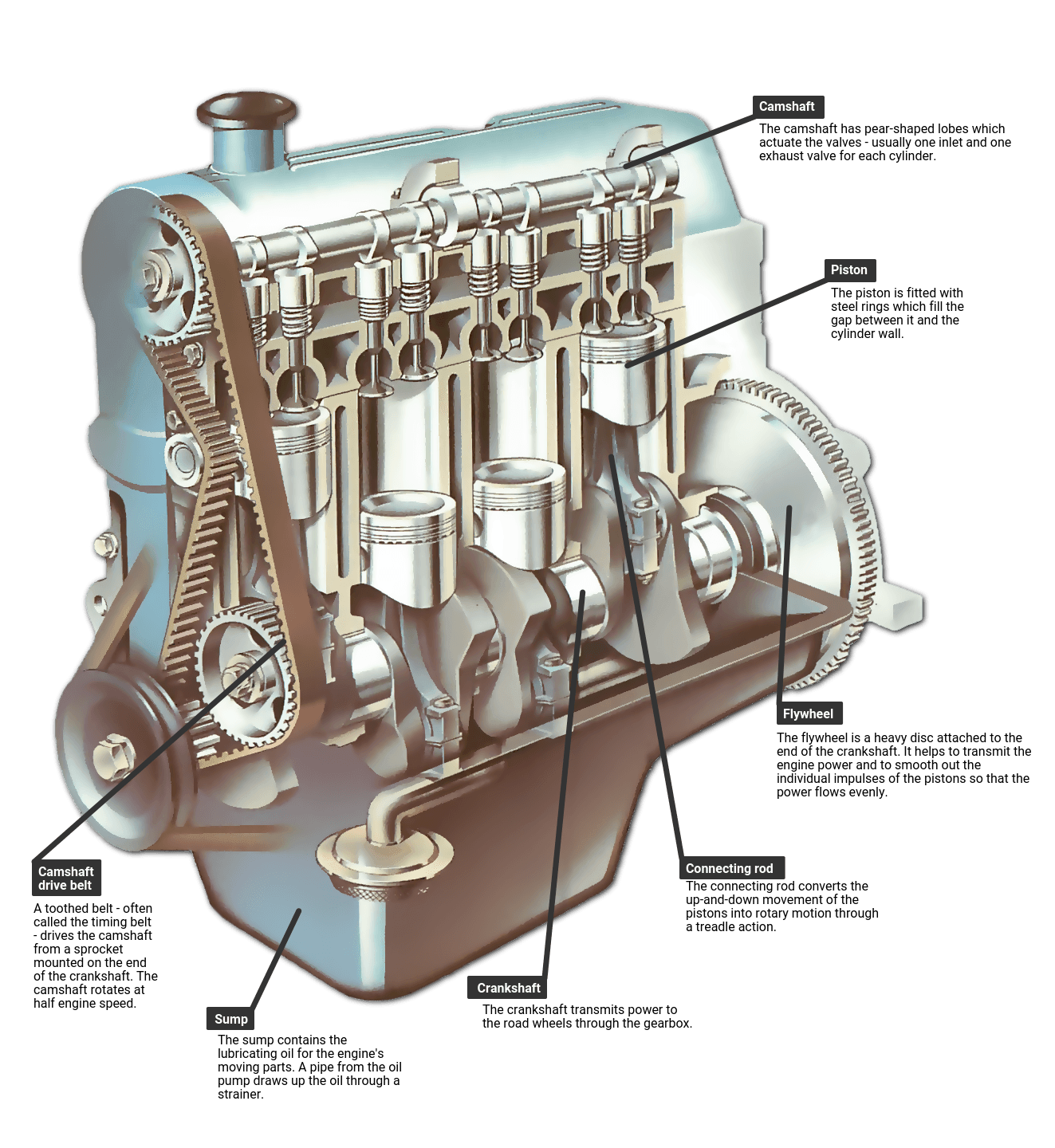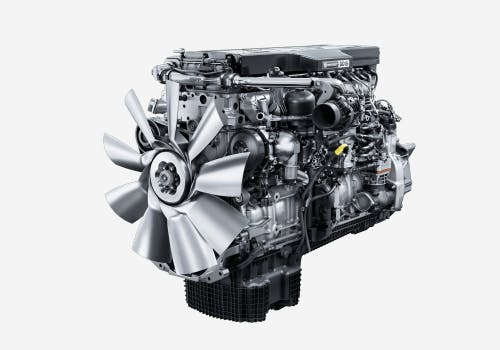Check Out a Vast Array of Engines for each Vehicle and Function
The automotive landscape is significantly intricate, with a varied selection of engine kinds designed to meet particular performance and efficiency requirements across different lorry categories. From the high-performance engines that power sports autos to the fuel-efficient options tailored for everyday travelling, the selections are large and differed. In addition, heavy-duty engines serve the demands of work automobiles, while green choices are obtaining grip in the quest of sustainable transportation. Recognizing these differences is vital for making notified decisions, particularly as arising innovations remain to form the future of vehicle engineering. What implications might these developments hold for consumers and suppliers alike?
Sorts Of Automotive Engines
Automotive engines can be classified into numerous distinct kinds, each developed to fulfill particular performance and performance requirements. One of the most usual classifications include internal burning engines, electrical engines, and crossbreed systems.

Electric engines, on the various other hand, operate electrical power stored in batteries, supplying instant torque and no emissions. These engines are ending up being progressively preferred due to innovations in battery modern technology and the growing focus on sustainability.
Hybrid systems integrate both inner combustion and electric engines, making it possible for cars to enhance gas efficiency and minimize exhausts by perfectly switching over between power sources. Each engine kind offers its negative aspects and advantages, influencing aspects such as vehicle design, meant usage, and market need. Understanding these distinctions is important for manufacturers and customers alike when picking the proper engine for their details needs.
Efficiency Engines for Sports Cars
Efficiency engines for cars are specifically engineered to deliver enhanced speed, power, and agility, establishing them besides common automobile engines. These engines commonly use sophisticated innovations such as turbocharging, supercharging, and variable valve timing to maximize efficiency and responsiveness.
Typically, efficiency engines are made with greater compression ratios, which permit greater power removal from fuel. This results in remarkable horse power and torque figures, enabling quick velocity and higher full throttle. The lightweight materials used in these engines, such as aluminum and carbon fiber, add to decreased general vehicle weight, boosting handling and ability to move.
Engine configurations like V6, V8, and also hybrid systems prevail in performance sporting activities autos, each offering special benefits in regards to power delivery and driving characteristics. The tuning of these engines is additionally important; many suppliers enhance the engine monitoring systems to supply a thrilling driving experience, frequently consisting of sport settings that adjust throttle action and gear shifts.
Reliable Engines for Daily Commuters
In the realm of day-to-day commuting, reliable engines play an important duty in enhancing gas economy and decreasing discharges while giving reputable efficiency. As urban populaces expand and environmental worries intensify, the need for vehicles furnished with reliable powertrains has risen.
Modern engines designed for everyday travelers often integrate modern technologies such as turbocharging, direct fuel shot, and hybrid systems. Turbocharging improves engine efficiency by compeling more air right into the combustion chamber, enabling smaller, lighter engines that do not endanger power output. Straight gas injection improves fuel atomization, causing far better burning and increased effectiveness.
Crossbreed engines, incorporating inner burning with electrical power, more boost gas economic situation, particularly in stop-and-go traffic, where conventional engines can deal with ineffectiveness. Electric motors assist during acceleration and can operate individually at reduced rates, lowering total gas usage.
Furthermore, improvements in engine administration systems and lightweight materials contribute significantly to his explanation efficient engine layout. By concentrating on efficiency, toughness, and ecological sustainability, makers continue to deliver engines that not just basics fulfill the demands of daily travelling yet likewise align with global initiatives to decrease carbon footprints.
Heavy-Duty Engines for Job Vehicles
Heavy-duty engines for job automobiles are routinely crafted to provide outstanding torque and dependability under demanding problems. These engines are developed to perform in settings where standard engines may fail, such as building sites, logging procedures, and farming settings. The key emphasis of heavy-duty engines is their capability to create high levels of power while preserving sturdiness over extended durations of operation.
Commonly, durable engines utilize sophisticated materials and durable construction strategies to endure the roughness of heavy work. Features such as enhanced cylinder blocks, improved air conditioning systems, and advanced gas injection technologies add to their effectiveness. These engines usually operate at reduced RPMs, which helps to enhance gas efficiency while supplying the essential power for pulling and carrying.
In enhancement to mechanical robustness, durable engines are often geared up with advanced digital control units (ECUs) that manage efficiency, exhausts, and diagnostics. This assimilation allows for much better tracking and upkeep, ensuring that work cars stay functional and reliable.
Ultimately, heavy-duty engines are a crucial component in the productivity of various industries, offering the needed power and integrity to tackle the hardest of jobs.
Eco-Friendly Engine Options
The growing focus on sustainability has actually led to the growth of environment-friendly engine choices that focus on minimized discharges and enhanced fuel effectiveness. These engines are created to lessen the environmental effect of cars while still providing the performance and reliability anticipated by customers.
Amongst the most noteworthy environmentally friendly choices are hybrid and electric engines. Crossbreed engines incorporate standard interior combustion engines with electrical propulsion, enabling minimized fuel consumption and reduced greenhouse gas exhausts. Electric engines, on the various other hand, operate entirely on battery power, producing absolutely no tailpipe exhausts and adding to cleaner air top quality.
An additional encouraging growth is the development of biofuel engines, which utilize eco-friendly sources, such as plant visit the site materials, to power automobiles (Engines For Africa). By utilizing biofuels, these engines can lower reliance on nonrenewable fuel sources and lower total carbon footprints

As the auto market evolves, eco-friendly engine choices will play a crucial function in driving the transition in the direction of more lasting transportation options.
Conclusion
From high-performance engines that enhance sports cars and truck capabilities to effective designs focusing on fuel economic climate for day-to-day commuters, each kind offers a certain function. Sturdy engines provide to durable work cars, while eco-friendly alternatives, such as electric and biofuel engines, promote lasting transport.
